Day in the life of
Game Producer – Rosemary Lokhorst
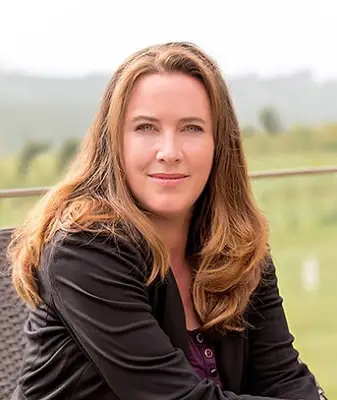
My name is Rosemary and I am a Game Producer and Writer. As a game producer, I am responsible for the overall success of our game Shadow’s Edge. This means that I oversee pretty much every part of the game. From funding to setting the budget to hiring people and managing the team. I get to facilitate and provide input to the concept, design, roadmap, development, testing, research and go to market.
Shadow’s Edge is a game that helps young people build resilience to work through the hard stuff that comes their way. It is what is called a serious game, a game with a purpose beyond entertainment.
To live up to that, we have to make sure the game is evidence-based. So, built produced according to the standards we want, and rigorously tested, not just for bugs, but for impact. So, we continuously work with teens, young adults and professionals to implement psychological content into the game and test that this is working for your players.
I am also the Writer and Narrative Designer on the game. I work on the script, dialogue, characters, challenges, missions, mechanics, and anything else in the game that creates or is impacted by the story and helps get that story across in the game. For example, in our game, even the street names have meaning.
It doesn’t stop there either! Because the game is a software product that we update, unlike a movie, we constantly keep the game updated, add new features, and take those feature developments through the whole process again and again. It’s what we call the game design loop. And the same counts for creating content in the game and on our online sites, like social media.
You can imagine that because I manage a team (I couldn’t do all this alone), no day looks exactly alike. Some days I will have meetings with the team to talk through tasks, or make decisions they need to shine, on other days I am hands-on, and write or create content.
Making a game involves many people. We have game designers that work either on designing characters or the world or the game mechanics. We have game developers and backend developers, researchers, and analysts to look at data, in the game. Then we have designers that work more on websites and social media materials as well as promotional videos and things like that. We have somebody that’s responsible for all of our testing and research that we do with both the users and, because we are a serious game, also with clinicians and psychologists.
We work with psychologists and players and designers in a constant loop to make sure that whatever we update in the game also is reflected in the story, and work with players to ensure that dialogue is interesting. And vice versa, they also work with us to ensure that our vision for the story of the world and the characters are reflected in the design and in the way they work with their patients or clients. Our test players and our professional partners have a direct impact on our game and the next version.
We have social media and community managers who are responsible for our blogs, websites, and social media. They have to create all the content for it and also keep in touch with the players and with our audience on social media and on the website. All of us go to conferences and help out with marketing.
To get our game in the hands of his many patients and young people as possible, we create our own documentaries, short films, and other materials to raise awareness about mental health and work with partners to get our content to their audiences.
Sound like a lot, right? And it is. There are many steps in the process of game development. And then a lot more before development starts and after the game is finished. But that is why my job is so interesting. I get to be involved in every step!
On the downside, it also means that I feel the burden of responsibility. I am responsible for the people, their job security, their personal development, and coach them in their daily work. I surround myself with people that are more competent than I am in each of their fields. This means my job is to help them shine more than telling them how to do things. But we do also have interns and other young people that I then coach. Game development also means a lot of deadlines. When we release a new version, the time before gets really hectic and I have to remain cool, even if others panic. Further pressure is to ensure that we have the budget and that we make the absolute most out of that budget. This doesn’t mean never making a mistake, it means failing often and failing early. Failing often means we learn a lot and failing early gets us to learn without losing too much money. You need the confidence to do this because you need to make tough decisions and then follow them through with conviction.
But it is all worth it because I get to be part of a fantastic journey to helping young people deal with their emotional health through a medium that is exciting, entertaining, immersive and has so much potential. I get to be involved in the creation of worlds, characters, stories, and most of all, I get to impact young people’s lives right where they are, on their phones, playing games.
Game Producers
Game Producers are responsible for the overall development of video game projects. They are involved in every step, from hiring Designers and Artists to managing the production schedule and budget.




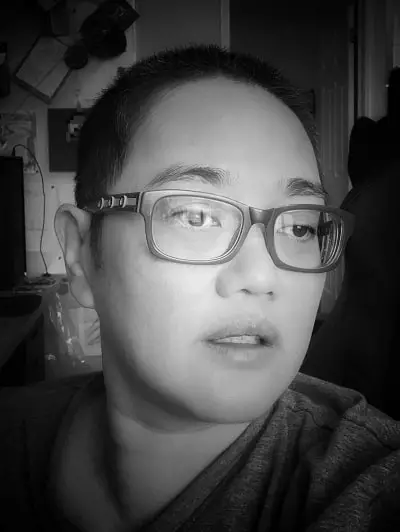
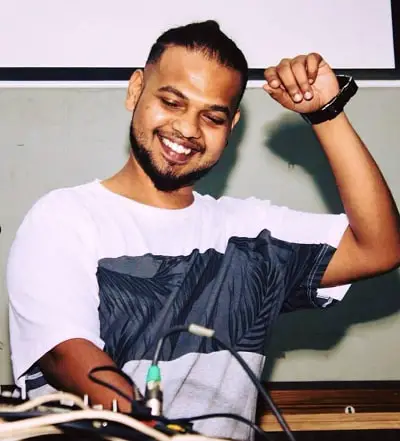
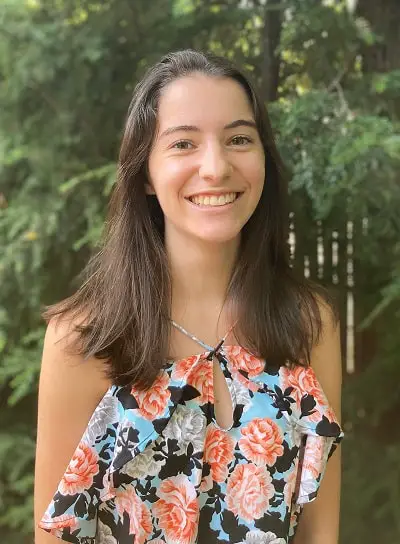
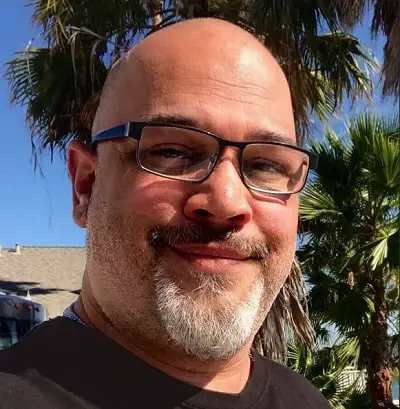
.jpg)